What is the difference between THC and CBD?
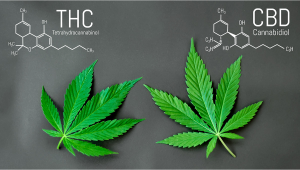
- 1. What is cbd?
- 2. Is cbd safe?
- 3. Cbd and thc – legal differences
- 4. Cbd and thc – how they interact with the endocannabinoid system
- 5. Cbd and thc – side effects
- 6. Cbd and thc – drug tests
Cannabis seeds contains more than a hundred cannabinoids, but most people are most interested in THC and CBD – the most popular cannabinoids in the plant. Cannabinoids are a class of compounds found naturally in the cannabis plant. When they react with the cannabinoid receptors found in the human body, various reactions occur. Although CBD and THC are found in the same plant, they are different in many ways. Today, you’ll learn as to what is the difference between THC and CBD.
The two primary differences between THC and CBD are the effect users feel quickly after consuming them. As the main psychoactive component of cannabis plants, THC induces the quintessential cannabis high. It’s the molecule responsible for the euphoric effects, as well as the red eyes and cottonmouth. And CBD? This cannabinoid doesn’t produce psychoactive effects, at least not in the same manner or intensity. This molecule has gained fame for its clear-headed and soothing effect that keeps the mind fully functional. So, both of these cannabinoids are different at face value, but it goes a lot deeper than this. Each of them interfaces with one of the most complex networks in our body, the endocannabinoid system, in very different ways. Find out everything you need to know about these interactions below.
1. What is CBD?
CBD or Cannabidiol is one of the many cannabinoids that are produced by cannabis plants. It is mostly contained in the trichomes (the crystals that cover the flowers and sugar leaves). After THC, it is found in the highest concentration while it does not offer the psychoactive effects of THC it can provide users with medicinal benefits. Studies have shown that CBD can offer the following benefits:
- Pain relief - Research suggests that CBD can have a positive effect on those looking for relief from chronic pain. This effect can be boosted when used in combination with THC and seems to be especially beneficial for sufferers of MS and fibromyalgia.
- Relief from Anxiety and other mental health conditions - CBD has been proven to reduce the amount of anxiety present in those suffering from PTSD and other anxiety-related disorders. Users also report a decrease in depression symptoms and insomnia.
- Reduction in cancer treatment issues - CBD can help ease the pain and improve certain cancer-related symptoms, such as cancer-treatment-related nausea, pain, and decreased appetite.
- Neuro-protective and anti-seizure properties - There have been multiple studies that have shown the effectiveness of CB in treating neurological disorders such as epilepsy and MS. It can help in reducing muscle spasms in more than 75% of MS sufferers and has been proven to reduce the likelihood of seizures in epileptic patients by a whopping 37%. There have been reports of adverse reactions in both types of patients though, so more research is needed.
- Heart Health - A 2020 study showed that CBD can have a positive effect on the inflammation of arteries which helps increase blood flow and circulation. This can have potential benefits in the likelihood of great attacks in patients with inflammation in arteries and blood vessels.
- It may also be effective in treating - Drug withdrawal, acne, high blood pressure, poor appetite, glaucoma, and muscle pain, and can have a positive effect on the reduction of spasms relating to Parkinson’s disease.
Remember our mention of the endocannabinoid system higher up the page? Well, it helps to learn a little bit about this signaling network in order to understand how CBD works in the body. Overall, the endocannabinoid system helps to maintain homeostasis (biological balance) across all other physiological systems within the body. Made up of signaling molecules, receptors, and enzymes, this system shows up in the nervous system, digestive system, skeleton, skin, muscles, and elsewhere. Like other cannabinoids, CBD shares a similar structure to molecules made by our bodies called endocannabinoids, which bind to endocannabinoid receptors to create changes within many different types of cells in the body. However, CBD doesn’t feature a high affinity to these receptors. But it does interface with the enzymes of this system. In doing so, it manages to transiently elevate our levels of endocannabinoid, which might impact factors such as mood, and possibly pain. If this all sounds a bit complex—don’t worry. We’re going to dive a bit deeper into the relationship between these compounds and the endocannabinoid system below.
2. Is CBD Safe?
The vast majority of health care workers, including physicians and mental health workers, agree that CBD is totally safe for human consumption. While it does come with the risk of some adverse side effects, like any treatment, these are considered low risk. Possible CBD side effects include:
- Dryness of the mouth, other known as cotton mouth.
- A drop in blood pressure.
- Lightheadedness
- Increased levels of drowsiness.
There are several differences between CBD and THC. The most noteworthy is the way these compounds affect you. But, before we get into all that, take a look at their chemical structure. At a glance, they look almost the same, but the fact is that they are very different. Indeed, the chemical formula is similar to 30 atoms of hydrogen, 21 carbon atoms, and 2 atoms of oxygen.
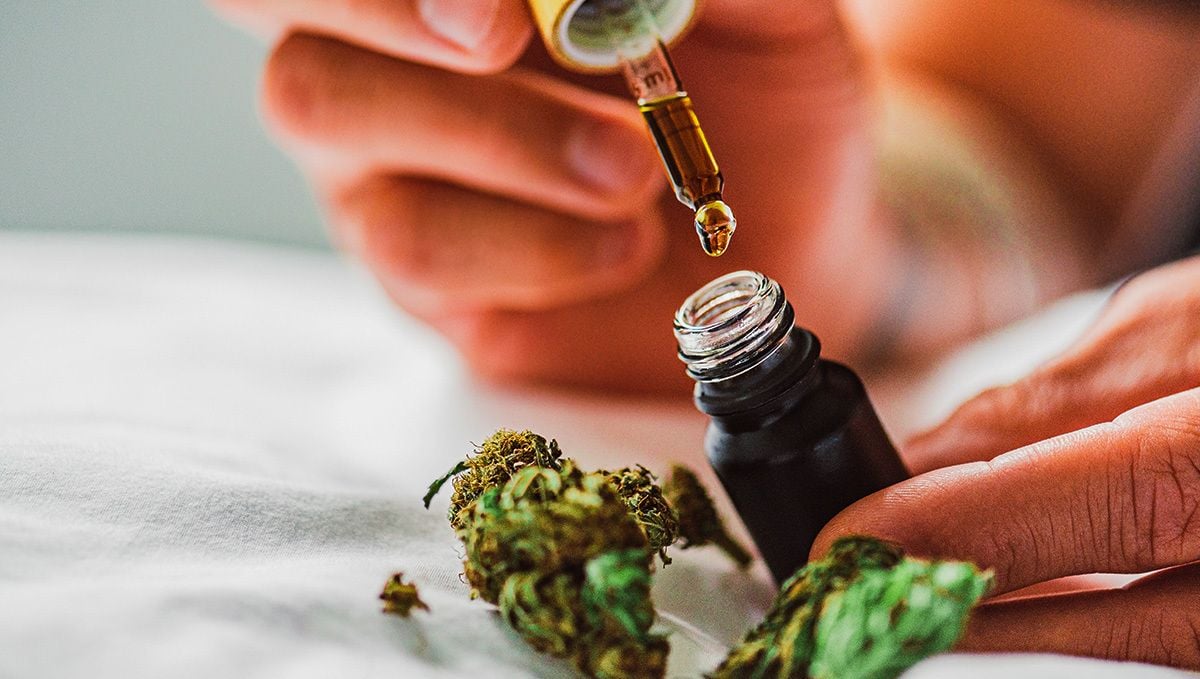
However, they are different because of the way the atoms are placed. The difference is so microscopic that it’s easy to assume that they aren’t different. However, both CBD and THC are completely different from each other. This is why both cannabinoids affect the human body in different ways. Coming to how they function, both cannabinoids are adept at releasing neurotransmitters in the human brain to affect pain, memory, sleep, and, of course, your mood.
3. CBD and THC – Legal Differences
When you see that cannabis is legal in xyz state, you cannot assume that marijuana is completely legal. This is because medical cannabis is different than recreational cannabis. And, here's the thing about CBD and THC. CBD is legal in all states, but THC doesn’t enjoy the same luxury.
That being said, states like Washington DC have laws stating that even high-THC products are legal as long as they are prescribed by a physician. Point is that if you notice that recreational marijuana is not yet legal in your state, CBD is your only option. Of course, some states are making even recreational cannabis legal, but it’s best to check the laws of your state before you indulge in anything involving THC.
4. CBD and THC – How they interact with the endocannabinoid system
You already know that both CBD and THC engage with the human body. In particular, they interact with the endocannabinoid system or ECS to maintain homeostasis or balance. The ECS is a network of several receptors and is vital to maintaining various functions. It contains receptors like CB1 and CB2 that bind with CBD and THC. While CB1 receptors found in regions of the brain are responsible for maintaining memory, mood, emotions, and motor coordination, CB2 receptors are scattered in different parts of the body including the immune and nervous systems. When you consume or smoke cannabis, cannabinoids like THC bind with the receptors and you’ll notice health benefits whether it’s a reduction in pain or an increase in focus. Going back to the chemical structure, remember that although they appear very similar there’s a microscopic difference. And, this is where you’ll notice the bigger difference. Due to a difference in the chemical structure, THC and CBD don’t bind with the receptors in a similar manner. Thus, the effects are drastically different.
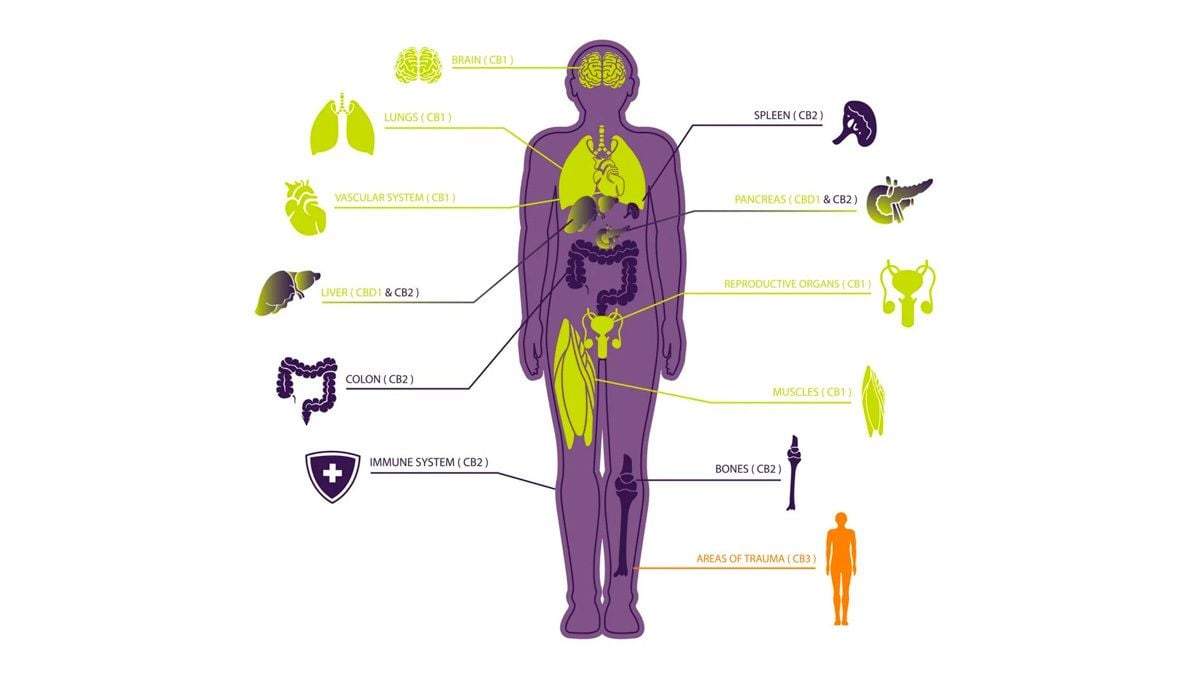
First off, THC binds itself to the receptor CB1 pretty easily. This is usually described as a relation between a lock and a key where the key is designed to fit the lock perfectly. Now, as soon as THC binds itself, it creates and sends signals to the brain. In common terms, this is described as a cannabis user getting “high”. This psychoactive effect is nothing but the effect of THC binding itself with the receptor. At this point, the brain also releases spurts of dopamine that make you happy.
If the amount of THC is too much, the receptors are switched off and the body begins the process of removing the excess. This is also why you experience paranoia or hallucinations when you’ve ingested too much THC. It doesn’t happen to everyone, but some people will not be able to adjust to the effects. On the other hand, CBD doesn’t bind with receptors. It works effectively as a negative esoteric modulator where it binds with receptors in other locations and changes the structure. Thus, when CBD changes the physical structure of the CB1 receptors, THC is unable to bind with them effectively. In other words, the key no longer fits perfectly.
Due to this, CBD counters the negative effects of THC including dry eyes and dry mouth. The psychoactive effects are also reduced to an extent. THC and CBD offer several medicinal benefits but not everyone is comfortable with the psychoactive effects. Due to CBD’s nature, it allows you to gain the benefits without you feeling “high”. For this very reason, you can use either CBD alone or use products that include both CBD and THC since CBD reduces the negative effects anyway.
The science surrounding the endocannabinoid system remains early, and researchers are making new discoveries about it all the time. Recently, this system has expanded into a much larger system known as the endocannabinoidome. This larger system possesses many more signaling molecules, receptors, and enzymes. Cannabinoids, including THC and CBD, also interface with this network, which makes their mechanism of action in the human body much more complex than originally thought. Studies are also finding that THC and CBD influence gut health through an interaction with the microbiome—the large population of microbes that live in the gut. These outcomes include modulated immunity and inflammation.
5. CBD and THC – Side effects
There are side effects to everything you abuse. Even if you consume too many fruits, the side effect is constipation. Or, take water, for instance. Consuming too much water can be dangerous too. Similarly, ingesting large amounts of THC can have side effects. CBD, on the other hand, is amazing even if you ingest more than required. A report by the WHO states that even if you experience side effects when consuming CBD, it’s likely due to other medications you’re taking. On the other hand, THC can make you uncomfortable in several ways including:
- Accelerated heartbeat
- Motor coordination problems
- Dizzy feeling
- Nausea
- Makes you slow
- Dry and red eyes
- Dry mouth
It’s important to note that both CBD and THC are not fatal. THC does produce side effects, yes, but only when abused. Also, the effects are very temporary and last only a few hours.
6. CBD and THC – Drug tests
There are several products on the market in the form of oils, concentrates, buds, and whatnot. Naturally, you’re going to be worried about drug tests even if you’re consuming just CBD. Note that both CBD and THC will be stored in your body. THC, in particular, is deposited in body fat and will show up in drug tests pretty easily. You don’t have to worry if you’re consuming oils containing less than 0.3% THC. However, it’s a problem if you’re ingesting THC beyond the recommended percentage. It takes a while for THC to leave the system, depending on how you’re using it. Some hemp oils will have THC show up in the drug tests even if they are present in small amounts.
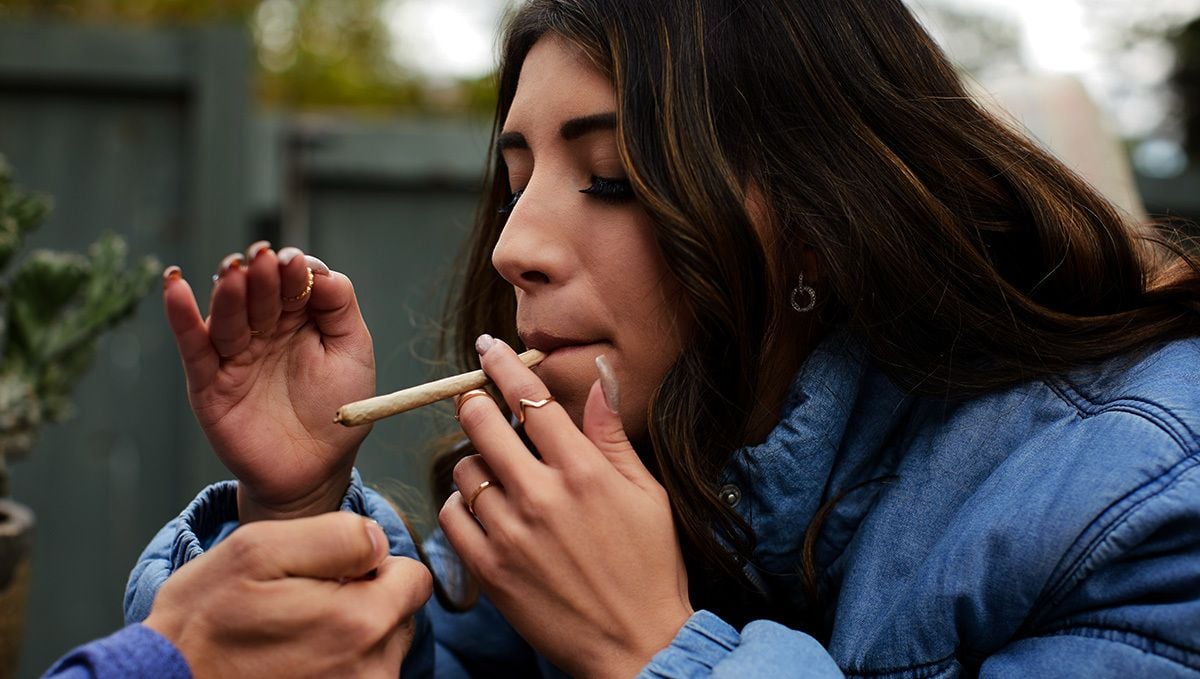
On the other hand, CBD rarely shows up in drug tests. Nowadays, there are tests to detect CBD too, but most employers go for THC, so taking CBD isn’t a big problem. As you can see, there are several differences between CBD and THC from the chemical structure to the way they affect your body. Although it seems that THC is dangerous, we assure you that’s it not. Medicinally, there are various benefits due to THC as long as you ingest the right amount. The dosage is important no matter what medicine you consume. The best way to enjoy all the benefits of the miraculous cannabis plant is to consume full-spectrum oils that contain several cannabinoids along with CBD and THC.







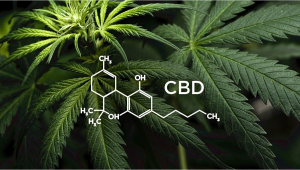
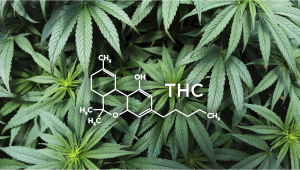

Comments